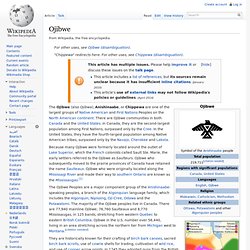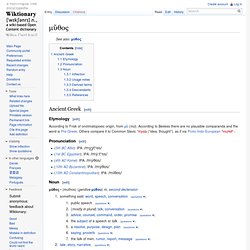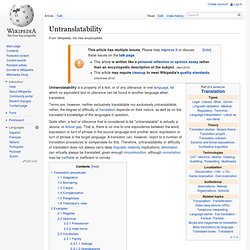

Σύνδεσμος. Ojibwe people. Traditional range of Anishinaabe-Anishinini, including Ojibwe The Ojibwe (also Ojibwa), Anishinaabe, or Chippewa are one of the largest groups of Native American and First Nations Peoples on the North American continent.

There are Ojibwe communities in both Canada and the United States. In Canada, they are the second-largest population among First Nations, surpassed only by the Cree. In the United States, they have the fourth-largest population among Native American tribes, surpassed only by the Navajo, Cherokee and Lakota. Because many Ojibwe were formerly located around the outlet of Lake Superior, which the French colonists called Sault Ste.
They are historically known for their crafting of birch bark canoes, sacred birch bark scrolls, use of cowrie shells for trading, cultivation of wild rice, and use of copper arrow points. Name[edit] The autonym for this group of Anishinaabeg is Ojibwe (plural: Ojibweg). Language[edit] History[edit] Pre-contact and spiritual beliefs[edit] WikiMiniAtlas.
Μυθοποιία. Τόπος. Μῦθος. Ancient Greek[edit] Etymology[edit] According to Frisk of onotmatopoeic origin, from μῡ (mū).

According to Beekes there are no plausible comparanda and the word is Pre-Greek. Others compare it to Common Slavic *myslь (“idea, thought”), as if via Proto-Indo-European *muHdʰ-. Pronunciation[edit] (5th BC Attic): IPA: /mý͜ytʰos/(1st BC Egyptian): IPA: /mýːtʰos/(4th AD Koine): IPA: /mýθos/(10th AD Byzantine): IPA: /mýθos/(15th AD Constantinopolitan): IPA: /míθos/ Noun[edit] μῦθος • (muthos) (genitive μύθου) m, second declension Inflection[edit] Usage notes[edit] The scholia on the Odyssey 21.71 says that μῦθος is Aeolic for μόθος (mothos), but compare μυθιήτης (muthiētēs).
Derived terms[edit] μύθευμα (mutheuma)μυθικός (muthikos)μυθογραφέω (muthographeō)μυθοειδῶς (muthoeidōs)μυθολογεύω (muthologeuō)μυθολογία (muthologia)μυθοπλάνος (muthoplanos)μυθοποιέω (muthopoieō)μυθύδριον (muthudrion) Descendants[edit] English: mythGreek: μύθος (mýthos)Russian: миф (mif) Untranslatability. Untranslatability is a property of a text, or of any utterance, in one language, for which no equivalent text or utterance can be found in another language when translated.

Terms are, however, neither exclusively translatable nor exclusively untranslatable; rather, the degree of difficulty of translation depends on their nature, as well as on the translator's knowledge of the languages in question. Quite often, a text or utterance that is considered to be "untranslatable" is actually a lacuna, or lexical gap. That is, there is no one-to-one equivalence between the word, expression or turn of phrase in the source language and another word, expression or turn of phrase in the target language.
A translator can, however, resort to a number of translation procedures to compensate for this. Translation procedures[edit] N.B.: The majority of examples and illustrations given below will involve translating to or from the English language.
Category:Greek legendary creatures.